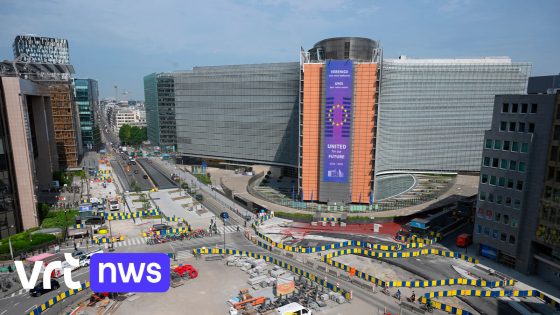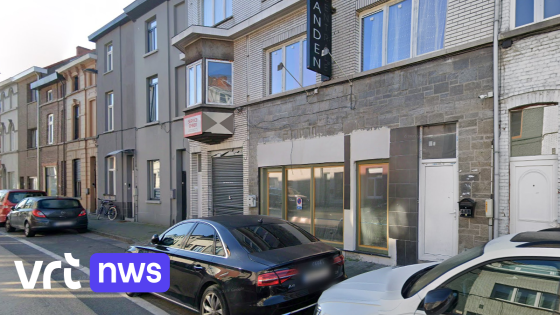The Brussels construction project, initially estimated at 30.2 million euros, has seen costs soar by an additional 12.4 million euros. This significant overrun is due to rising expenses related to public space, the canopy, and safety measures. As of 2025-06-17 17:51:00, sources from the Brussels government confirm the financial strain is mounting.
- Project costs exceed initial estimate by €12.4 million
- Public space, canopy, and safety increase expenses
- Canopy costs may rise to €5.6 million
- Beliris' fixed budget shifts costs to Brussels
- Brussels government requests funds from federal minister
- Premier De Wever criticizes Brussels' funding request
With the potential for canopy costs alone to increase further if the project halts due to tender delays, the Brussels-Capital Region faces a tough budget challenge. The developer, Beliris, operates under a closed-envelope system, meaning the region must shoulder all extra costs. This situation has sparked political tensions and concerns about fiscal management.
How will Brussels handle these unexpected expenses? And what does this mean for taxpayers and future projects? The answers are becoming clearer as the debate intensifies.
Why are these cost overruns occurring, and who will bear the burden? The situation highlights several critical issues:
- Increased costs in public space management, canopy construction, and safety add up to millions in overruns.
- Delays in tender approvals risk further financial penalties, especially for the canopy work.
- Beliris’ closed-envelope policy places full financial responsibility on the Brussels-Capital Region.
- Political friction grows as federal and regional authorities exchange letters without clear resolutions.
Looking ahead, Brussels must improve project oversight and communication between federal and regional bodies to avoid similar financial surprises. Will this prompt reforms in how large projects are managed? The coming months will be crucial for Brussels’ fiscal and political stability.

































